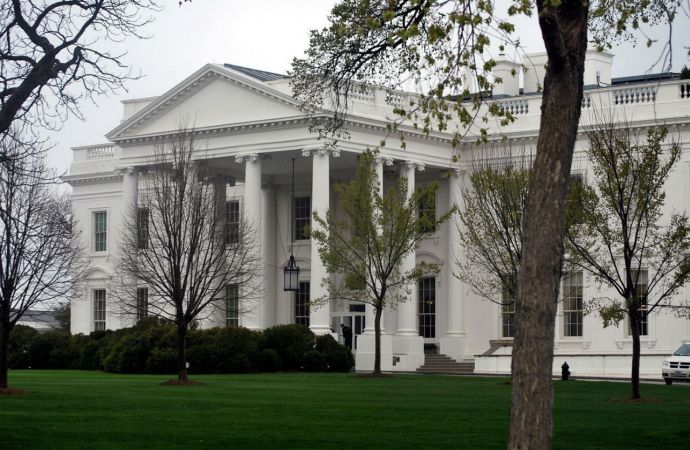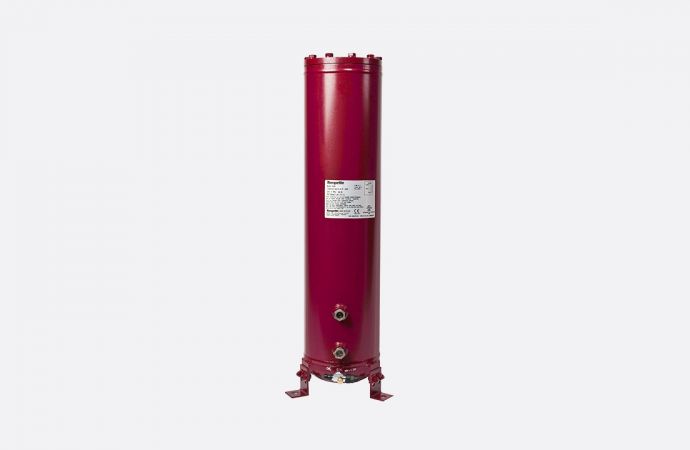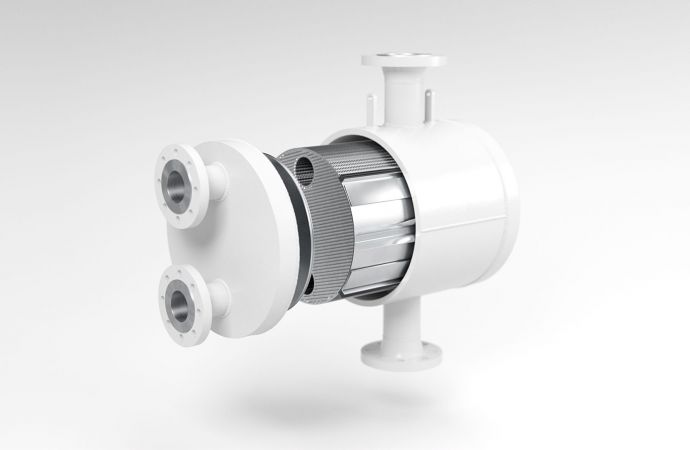The EPA’s soon-to-be-released RMP rule changes may be targeted by new administration, but low-charge ammonia trend should go forward, says GCCA government expert.

How will the surprising election of Donald J. Trump as president of the U.S. impact the regulatory activity of the Environmental Protection Agency and other federal agencies – and as a corollary, the management of ammonia refrigeration and the adoption of low-charge ammonia systems?
Trump has promised to rescind the Obama Administration’s Climate Action Plan (which includes HFC reductions) and Clean Power Plan, cancel the U.S.’s commitment to the Paris Climate Agreement, and scrap EPA regulations he considers unnecessary. The person he has named to lead his EPA transition team, Myron Ebell, director of the Center for Energy and Environment at the Competitive Enterprise Institute, is a noted denier of climate change.
Lowell Randel, vice-president, government & legal affairs, Global Cold Chain Alliance, anticipates that Trump’s “priority on regulatory reform can have an impact on how the industrial refrigeration industry is regulated”.
In particular, he expects the Trump administration to take a look at any of the regulations President Obama releases in the latter stages of his term. One example is the EPA’s final changes to its Risk Management Plan (RMP) rule, expected to be issued before the end of the year, possibly in the next few weeks. “If the industry places enough concern on the final RMP rule, I think you’ll see Trump and maybe Congress looking to use the Congressional Review Act as a way to scrutinise the rule and either disapprove of it or have the Trump administration try to move away from it,” said Randel. He did not indicate whether GCCA would get involved.
One element of the proposed RMP rule to which the HVAC&R industry objected was the requirement that industrial refrigeration operators get an independent, third-party audit, rather than do an internal audit, within a year of a reportable accident or catastrophic incident.
On the other hand, the RMP changes were not discussed during the campaign and “are not one of Trump’s highest EPA priorities,” he said.
If you’re planning to put in a new [low-charge] system, this doesn’t change your long-term decision."
– Lowell Randel, Global Cold Chain Alliance
A regulatory change to the Occupational Safety and Health Administration’s Process Safety Management (PSM) rule, which will not be completed before the Obama Administration ends, will likely be stalled under Trump. “The pause button will be hit on regulations in that stage of development,” Randel said. “There will be more emphasis on compliance assistance, education and outreach vs. enforcement, enforcement, enforcement.”
However, Randel does not expect Trump to try to roll back the underlying safety elements of the RMP or PSM rules, including the 10,000-lb. ammonia charge threshold for greater scrutiny.
Moreover, he does not believe that any regulatory relief offered by Trump will slow the momentum behind the adoption of low-charge ammonia systems. “There are a lot of reasons to move to low charge; regulatory relief is one but not the only one,” he said. “If you’re planning to put in a new [low-charge] system, this doesn’t change your long-term decision."
Jody Freeman, professor of law and founding director of the Environmental Law Program at Harvard Law School, wrote in Harvard Law Today that rescinding rules that are already final and partially implemented “can be especially difficult to the extent the affected industry already has invested in compliance,” she added. “In such circumstances, the industry itself may resist change because it would suffer additional expense from the uncertainty or volatility posed by rescission.”
On the other hand, Freeman wrote, “it is possible for Trump’s EPA/DOI/DOE, etc, to slow-walk any new or proposed regulations, even if they are required by statute, and to likewise seek to hobble enforcement”.
Related stories



